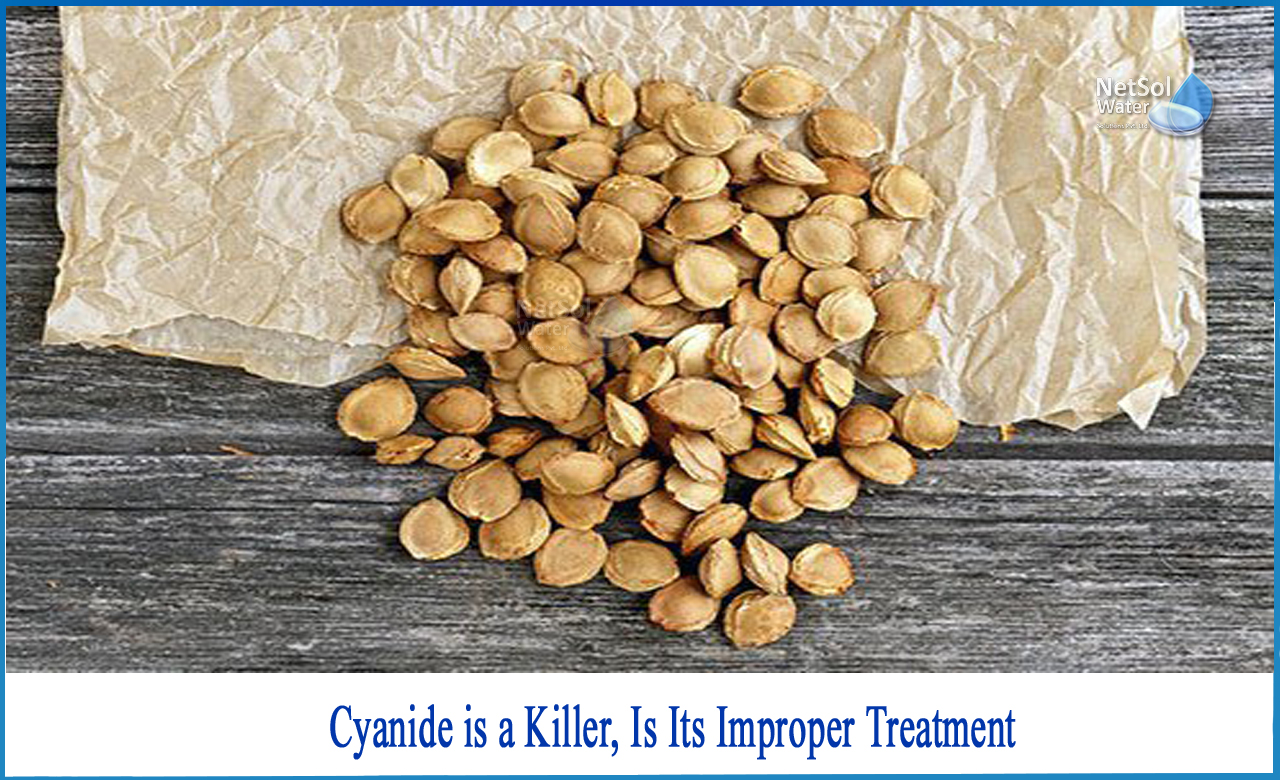What exactly is cyanide?
Cyanide is one of the most well-known poisons, with a reputation for causing near-instant death in everything from spy novels to murder mysteries. However, cyanide is a little more complicated in real life. Cyanide can refer to any chemical with a carbon-nitrogen (CN) bond, and it can be found in unexpected places.
Cyanide can be found in certain nitrile compounds found in medications such as citalopram (Celexa) and cimetidine (Tagamet). Nitriles are less toxic because they do not readily release the carbon-nitrogen ion, which is responsible for poisoning the body.
Cyanide is even produced as a byproduct of human metabolism. It is exhaled in small amounts with each breath.
Cyanide comes in a variety of lethal forms, including:
· cyanide of sodium (NaCN).
· cyanide of potassium (KCN).
· cyanide of hydrogen (HCN).
· chloride of cyanogen (CNCl).
These forms can take the form of solids, liquids, or gases. During a building fire, you're more likely to come across one of these forms.
Why cyanide can cause death?
Engineers and managers in the Aerospace and Surface Finishing/Refinishing industries understand firsthand how difficult it is to balance cost-effective solutions with long-term results. The current electroplating and metal surface finishing manufacturing process heavily relies on the use of cyanide. Cyanide is commonly used to plate complex metals because it is more resistant to certain impurities than other substances.
However, one of the disadvantages of using cyanide in manufacturing is its extreme toxicity. Animals and humans can easily absorb cyanide through direct contact, vapor, or dust.As a result, strict regulations require plants to properly treat any contaminated water that may contain free cyanide, weak acid dissociable, or strong acid dissociable. It is critical that these compounds are removed from wastewater before it enters Publicly Owned Treatment Facilities (POTFs), which may not be able to remove any remaining traces.
What are the Solutions?
Alkaline chlorination is the most commonly used solution to the cyanide problem (bleach). Alkaline chlorination is a low-cost, high-efficiency treatment method. This method is ideal for most businesses because it completely destroys the cyanide.
While bleach is the cheapest method, it is not as environmentally friendly as other available technologies. The EPA is concerned about the current method's potential for health and safety issues, and it is now encouraging manufacturers to consider alternative methods. There are a number of extremely sustainable alternatives that are already being used successfully.
The methods followed
Many leading companies have already implemented alternative methods of destruction, such as the most common alternatives, ozone oxidation and UV oxidation.
Ozone oxidation is advantageous because it produces few, if any, secondary products in wastewater. Hydrogen peroxide is exposed by UV oxidation. This generates hydroxyl radicals, which rapidly oxidizes the cyanide.
Aside from these two methods, there are a number of others that are less harmful to the environment.
Hydrogen peroxide, potassium permanganate, and thermal destruction are three of the most common environmentally friendly options!
These methods are less harmful to the environment than bleach, but they do not completely destroy the cyanide. Instead, they generate cyanates, which may or may not be acceptable to POTW's standards.Cyanates are less dangerous, but they must be removed with additional treatment. These methods are typically used for lower volumes of wastewater due to their high cost.
The hydrogen peroxide chemical process, which uses copper as a catalyst, produces cyanates and is effective at producing low cyanide and metal levels that may be suitable for discharge. Because of the high cost of hydrogen peroxide, this method is typically used for smaller batch sizes. When combined with other treatment processes, potassium permanganate can quickly remove most heavy metals.
Netsol Water is Greater Noida-based leading water & wastewater treatment plant manufacturer. We are industry's most demanding company based on client review and work quality. We are known as best commercial RO plant manufacturers, industrial RO plant manufacturer, sewage treatment plant manufacturer, Water Softener Plant Manufacturers and effluent treatment plant manufacturers. Apart from this 24x7 customer support is our USP. Call on +91-9650608473, or write us at enquiry@netsolwater.com for any support, inquiry or product-purchase related query.



